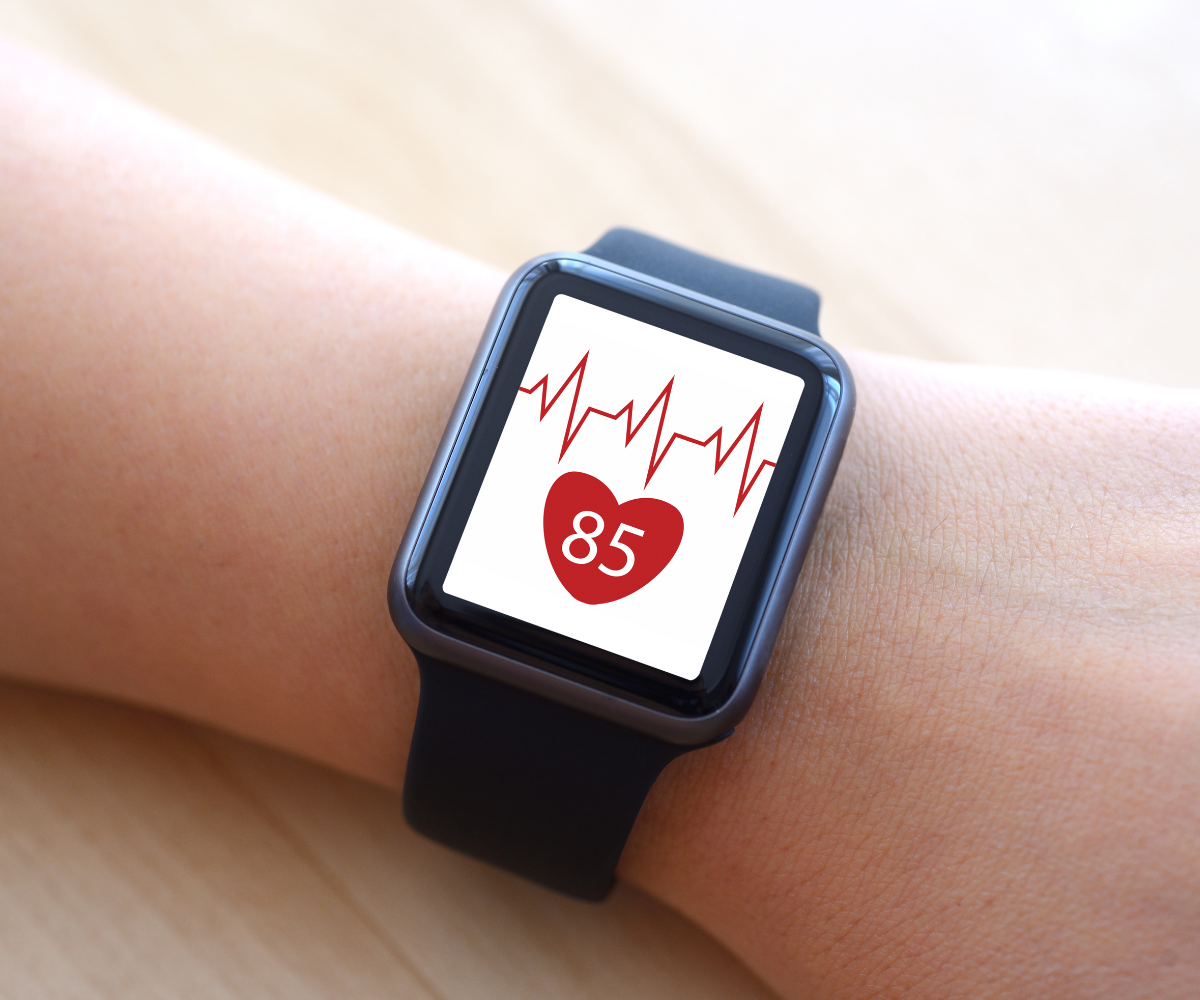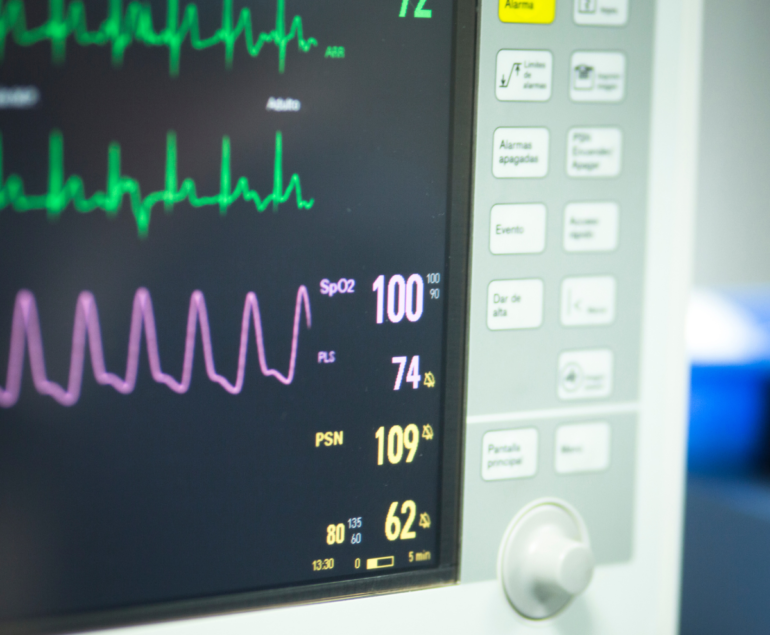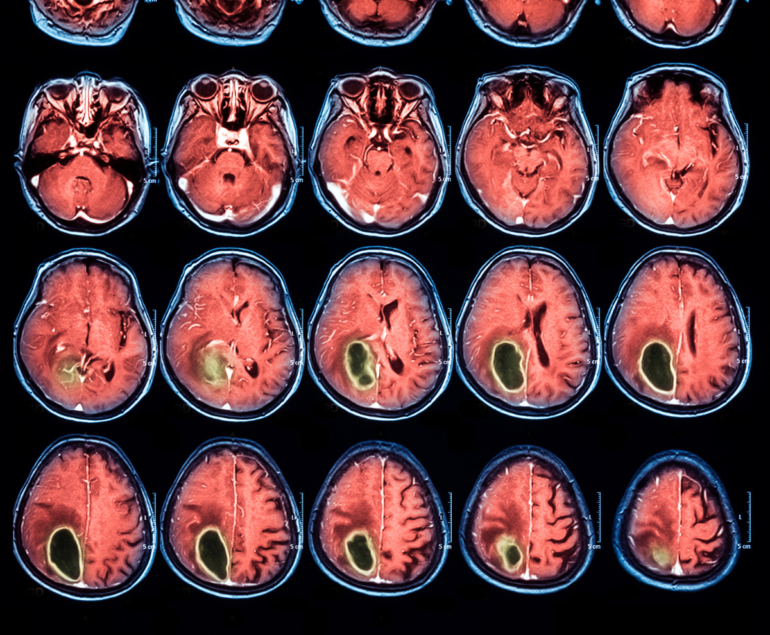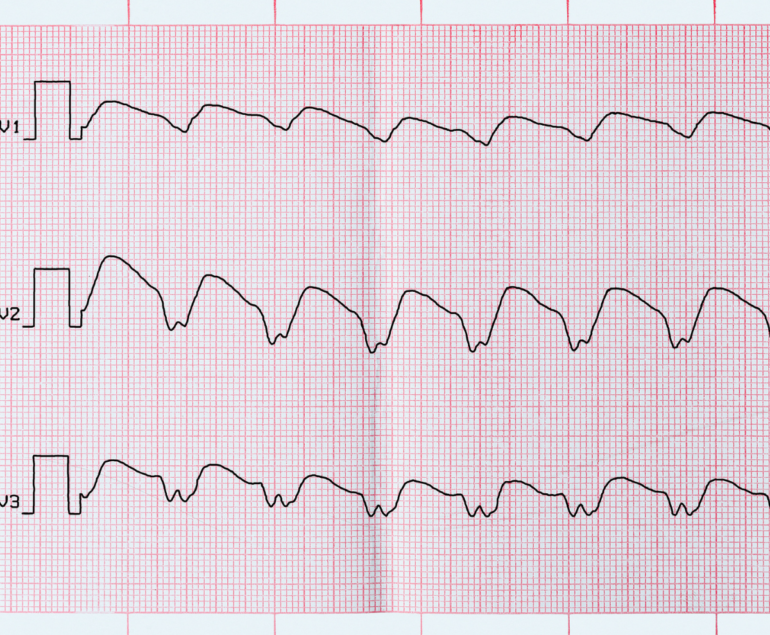Bradycardia (slow heart rate) :
A normal heart rate is between the range of 60-100bpm. Anything below 60 beats per minute is considered Sinus Bradycardia.
Depending on Age, exercise history and physical condition will determine what is “too slow”.
Athletes or people who are very active, for example, often have naturally low resting heart rates.
Bradycardia can be a medical emergency depending on symptoms and ECG findings.
Causes of Bradycardia include :
- 1. Issues with the SA node (heart's natural pacemaker)
- 2. There is a issue with the conduction pathway between top and bottom of the heart
- 3. Hypothyroidism
- 4. Damage to the heart from heart disease
- 5. Certain medications (beta blockers)
- 6. Heart infections
- 7. Electrolyte imbalances such as potassium or calcium
- 8. Sleep apnea
- 9. Rheumatic fever or lupus
In order to treat Bradycardia it is important for us to identify the cause and evaluate symptoms associated with bradycardia.
If you are symptomatic, and the cause of Bradycardia is not reversible, Your doctor will likely recommend an evaluation for a pacemaker. Pacemakers will set the pace for the heart, only when the heart’s natural pacemaker (SA node) fails.




